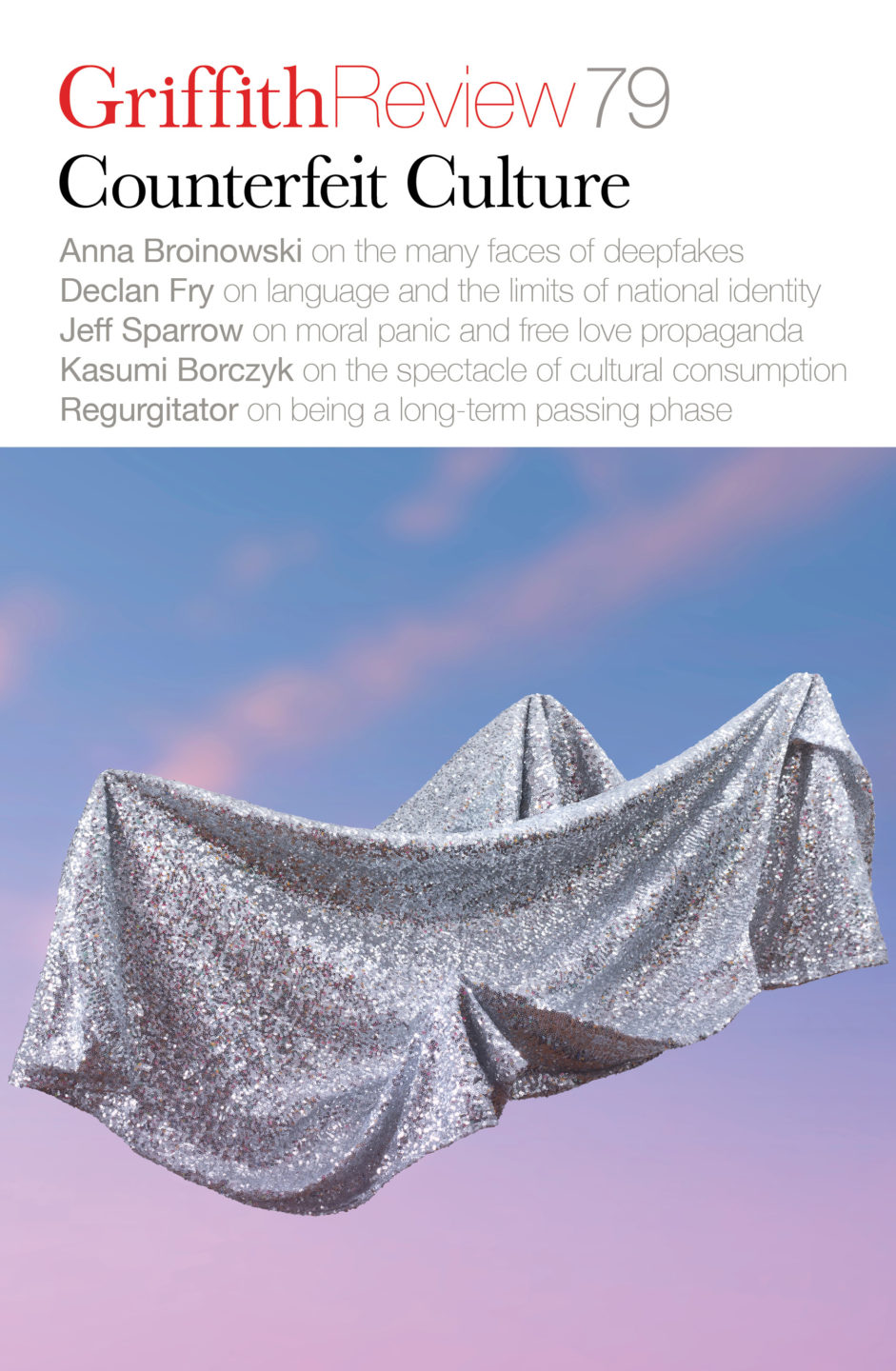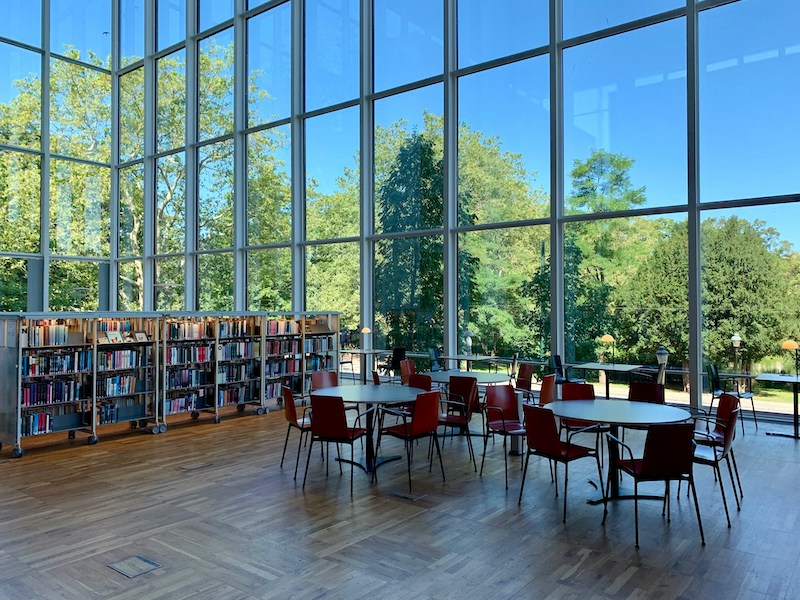Featured in

- Published 20230207
- ISBN: 978-1-922212-80-1
- Extent: 264pp
- Paperback (234 x 153mm), eBook


Already a subscriber? Sign in here
If you are an educator or student wishing to access content for study purposes please contact us at griffithreview@griffith.edu.au
Share article
More from author

The inspirations of radical nostalgia
There is nothing natural or inevitable about the ‘decline’ of history and the broader arts and humanities, any more than there is the destruction of nature. Neither are passive or natural processes; both occur as a consequence of deliberate decision-making made in accordance with ideological preferences, usually supporting the material objectives of the vested interests that systematically corrupt our democracy and society.
Redeeming universities and other public institutions requires sustained political effort. The decline of academic history can be reversed through ending the ideological sway of neoliberal managerialism in universities, the allocation of reasonable levels of resourcing, and the provision of job security and professional autonomy to sufficient numbers of historians, plus time and space to learn for their students. Loss of historical consciousness, unlike extinction, need not be forever. With air returned to their lungs once more, the disciplines preoccupied with human purpose and meaning, fostering habits of critical thinking, are amenable to full resuscitation.
More from this edition

Rogues’ gallery
Non-fictionIn the age of technological optimisation, we are equally as preoccupied with entertainment as we are with devoting leisure time to projects of self-actualisation. The contemporary success of art museums rests on their ability to compound the entertainment value of an amusement park with the promise of an educational experience.

The Wrestling of Art
PoetryWe’re tired of the caged horizon, the canned emotion. But the spectacle of the crimson world is a real slobber-knocker of a struggle.

Self-portrait in Joy Hester pocket mirror
Poetry All hail my inner bones, things have been troped yet now heat up. Being Bowie gone to Berlin, genuinely out of ideas and summoning Brian Eno wearing...